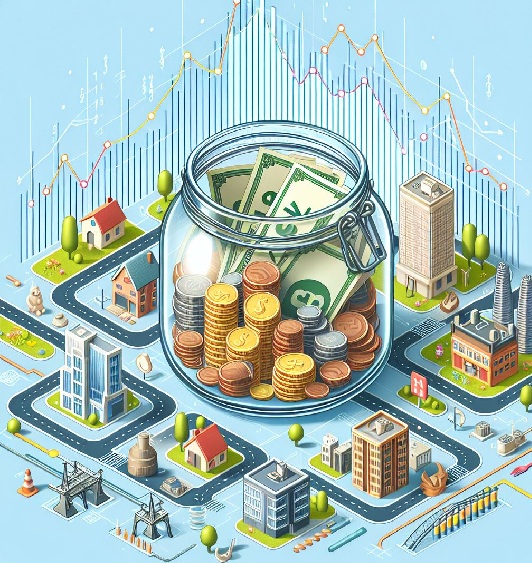When someone experiences significant loss due to storms or accidents, an Orlando Property Damage Attorney helps recover the value of that loss and secure fair compensation. The underlying principle?
Protecting financial assets and planning for future stability. Interestingly, this same mindset applies to personal savings and how they ripple into the broader economy. Just as attorneys safeguard individual property rights, individual savings play a crucial role in shaping national economic resilience and growth.
Role of Savings in Capital Formation
When individuals save money, those funds don’t just sit idle, they’re often deposited in banks, invested in bonds, or channeled into other financial products.
This pooled capital becomes a resource for business loans, infrastructure investment, and entrepreneurial ventures.
Countries with higher saving rates generally have greater capital to invest in development projects and economic expansion. Savings, therefore, become the fuel for productivity and innovation.
Consumer Behavior and Economic Stability

Savings influence consumer spending, which is a key driver of any economy. While excessive saving may slow down consumer-driven sectors, a moderate saving habit ensures people have funds for emergencies and future expenses, reducing the risk of financial crises on a personal level.
During economic downturns, populations with healthy savings tend to weather the storm better, resulting in less dependency on government assistance and fewer defaults, which stabilizes financial institutions.
Orlando Property Damage Attorney and Financial Recovery Insights
The work of a property damage attorney highlights how recovering from financial loss is vital for personal stability. In a broader sense, it reflects how important it is for individuals to protect and manage their resources.
When people are financially prepared, through insurance, savings, or legal protection, they contribute more confidently to the economy. This mindset promotes not only resilience but also responsible participation in economic cycles, such as investing or spending.
Interest Rates and Inflation Control
The balance between saving and spending also affects interest rates. A population that saves more contributes to a larger pool of lendable funds, which typically lowers interest rates.
This makes it easier for businesses and individuals to borrow and invest. On the flip side, lower savings can trigger higher interest rates to control borrowing and spending, influencing inflation trends. Essentially, savings help central banks fine-tune monetary policy, impacting everything from employment rates to currency strength.
